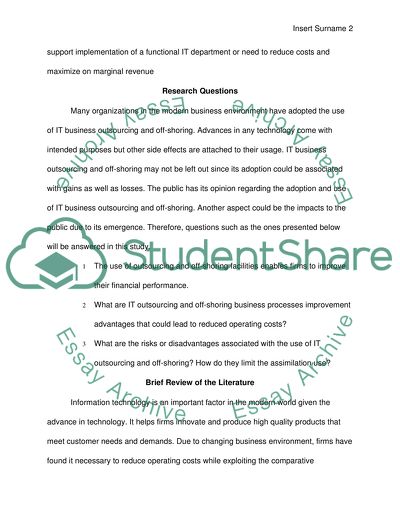Cite this document
(“Impact of IT Outsourcing and Off-shoring on Companies Research Paper”, n.d.)
Impact of IT Outsourcing and Off-shoring on Companies Research Paper. Retrieved from https://studentshare.org/macro-microeconomics/1469462-impact-of-it-outsourcing-and-off-shoring-on-companies
Impact of IT Outsourcing and Off-shoring on Companies Research Paper. Retrieved from https://studentshare.org/macro-microeconomics/1469462-impact-of-it-outsourcing-and-off-shoring-on-companies
(Impact of IT Outsourcing and Off-Shoring on Companies Research Paper)
Impact of IT Outsourcing and Off-Shoring on Companies Research Paper. https://studentshare.org/macro-microeconomics/1469462-impact-of-it-outsourcing-and-off-shoring-on-companies.
Impact of IT Outsourcing and Off-Shoring on Companies Research Paper. https://studentshare.org/macro-microeconomics/1469462-impact-of-it-outsourcing-and-off-shoring-on-companies.
“Impact of IT Outsourcing and Off-Shoring on Companies Research Paper”, n.d. https://studentshare.org/macro-microeconomics/1469462-impact-of-it-outsourcing-and-off-shoring-on-companies.


